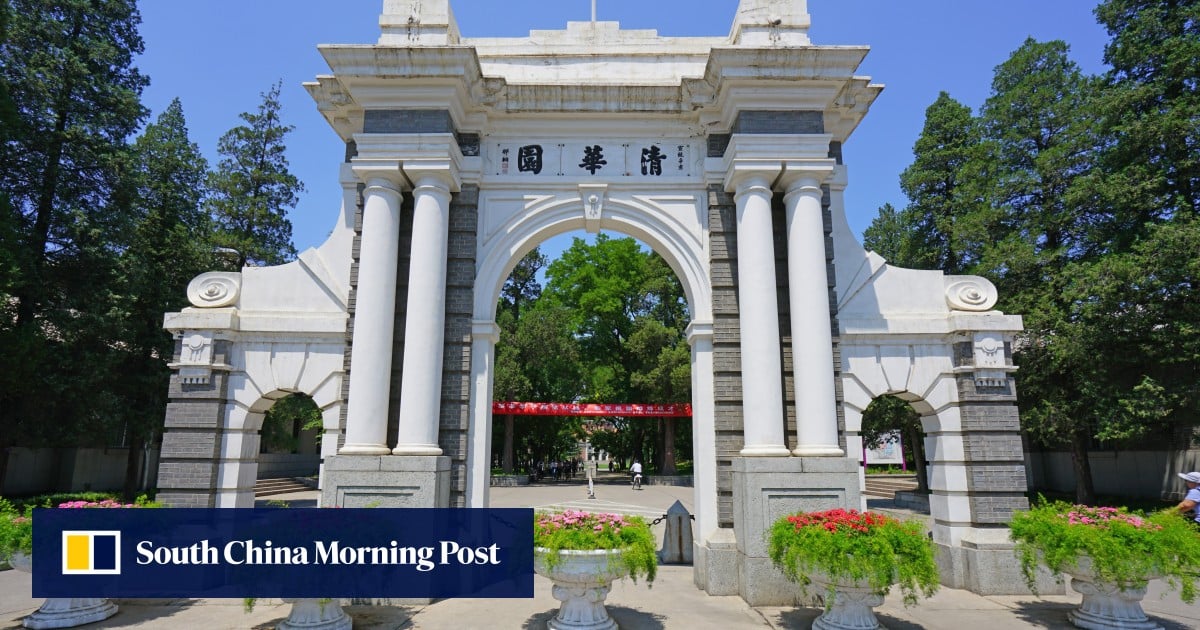
26 Mar Tsinghua University offers ‘disruptive tech’ programme to undergraduates with up to 200,000 yuan in funding

Tsinghua University has launched a new programme to cultivate disruptive tech talent, as the country continues to push innovation and self-reliance amid an intensifying tech war with the United States.
The talent development programme calls for all current Tsinghua University undergraduates to launch their own innovative projects from the spring term of the current academic year, according to sources who have seen the internal introduction of the programme.
The programme will have a relatively low entrance threshold and is not strictly success-oriented as it will support students to have “valuable failures”, according to the sources, who declined to be identified.
All participants can apply for up to 200,000 yuan (US$30,000) in funding for their projects and can form virtual “disruptive classes” across faculties and departments, allowing them to be guided by leading interdisciplinary scientists.
Tencent’s latest AI tool animates static images with simple prompts
Tencent’s latest AI tool animates static images with simple prompts
The programme has been named “Dian class” – shorthand for “disruptive innovation talent development class”– and is pronounced in the same way as “top class” or “crazy class”.
The development has attracted the attention of Chinese netizens, with the “Tsinghua dian class” hashtag gaining 21.8 million discussions on Weibo as of Tuesday.
Some netizens said the university is creating a buzzword to gain attention, in a departure from the behaviour of traditional academic institutions. However, others lauded the project, saying it could cultivate China’s equivalent of Apple founder Steve Jobs or Tesla’s founder Elon Musk.
The new drive comes after China’s president Xi Jinping vowed to “develop new productive forces”, pointing to science-centric sectors such as new-energy vehicles, biomanufacturing and commercial space flight as priorities at the Communist Party’s 20th National Congress in 2022.
Beijing has vowed to provide more opportunities and funding for young tech talent as part of its plan to improve technology self-sufficiency, as the US continues to tighten restrictions on exports of high-end technology products.
Yin mentioned about 80 per cent of projects under the National Natural Science Foundation of China are run by scientists under 45, according to local media reports.
Yin said the State Council has also published policies to develop a situation where at least a half of the leaders and core members of major projects are aged below 40, and that a basic research fund from the central government should mainly be allocated to those under the age of 35.
“Training young researchers” will be a key goal for major tech laboratory programmes, Yin added.
